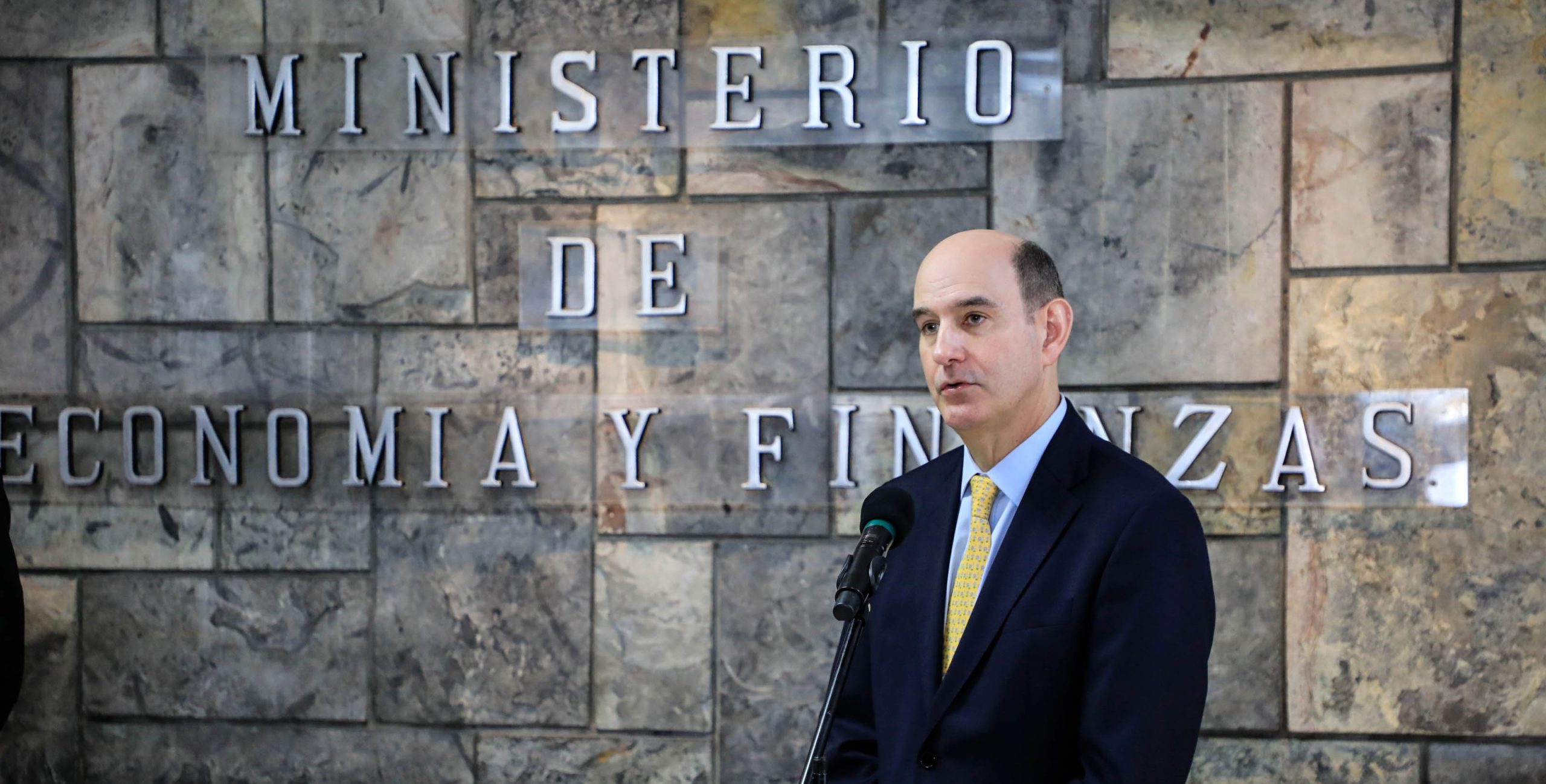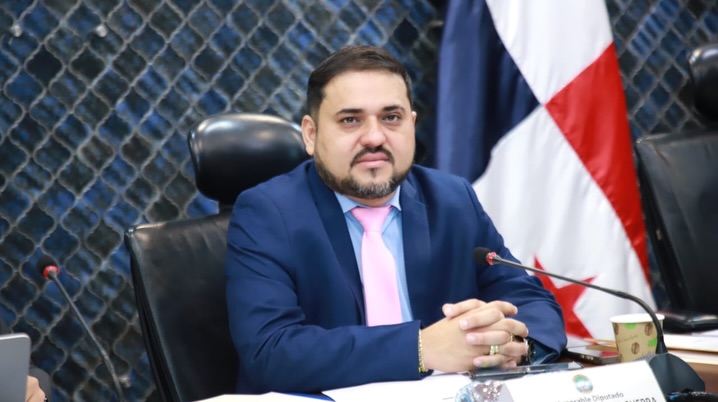What Moody’s Says Can’t be Ignored Regarding Possible Loss of Investment Grade in Panama
This Tuesday, Moody’s Rating warned that the country currently maintains a Baa3 rating, that is, it is on the verge of losing it.

The Minister of Economy and Finance (MEF), Felipe Chapman, acknowledged that Moody’s Ratings warnings that Panama is on the verge of losing its investment grade cannot be ignored. “What Moody’s is saying cannot be ignored. This is the backlash against massive debt and the separation of public projects, which will be costly for the country,” Chapman commented this Thursday at President José Raúl Mulino’s weekly press conference. This Tuesday, Moody’s Ratings warned that Panama is “on the verge” of losing its investment grade, due to rising public debt, weak institutional framework, and poor compliance with its tax laws.
Renzo Merino, senior vice president of Moody’s Ratings’ sovereign risk analyst group, commented that the country currently maintains a Baa3 rating, meaning it’s on the verge of failure. Chapman mentioned that the responsibility for the challenges facing the country does not lie with this government, which is transitional, but rather with the enormous problems it inherited, including an unprecedented increase in public debt and interest payments, which has substantially reduced the resources available to the three state bodies and autonomous institutions.
However, he acknowledged that “Moody’s Ratings statements come at a good time, because expert Merino gave a very clear explanation to the country of the restrictions or the situation that President Mulino and his team have inherited from a fiscal, financial and economic perspective, which we have not only addressed, but we have also developed a clear plan with very well-defined actions, which we have communicated to the rating agencies and to the international markets, which are those who finance a large part of our budget.”
Chapman recalled that in 2024, international markets assumed Panama would lose its risk rating from Moody’s Ratings and Standard & Poor’s, but that hasn’t happened. “We’re already heading into September 2025, that is, mid-year. That hasn’t happened yet,” the MEF minister argued , adding that this is happening in a context where the interest costs for paying or refinancing debt amortizations or debt maturities have been reduced, despite the fact that international market interest rates based on the dollar have been on the rise.
“It’s been dropping to 4%, and we’ve already been below 2%—that’s a dramatic reduction, something no one had expected. The vote of confidence from the international market, which is the one providing the money, is recognition of what we’re accomplishing,” Chapman emphasized.
Budget
The MEF minister also referred to Merino’s reflections on the allocation of 7% of the gross domestic product to education, as well as automatic salary increases, special pensions, and subsidy programs—a list of several topics that aren’t new, but have been widely discussed. All of these pressures, he added, place restrictions on the resources available to the various institutions of the three State Bodies, with some experiencing slight decreases while others report increases.
“We are working with a budget at historically high levels and without neglecting the important goal of meeting the fiscal balance, which must be less than 4% this year and 3.6% in 2026. A positive primary balance is part of our plans,” Chapman emphasized. “We are doing this as a vision of the State, without neglecting investments in important projects for the Government, such as completing the fourth bridge, the tunnel under the Canal, the pothole-filling program, road expansion, and the construction and completion of hospitals,” he added.





